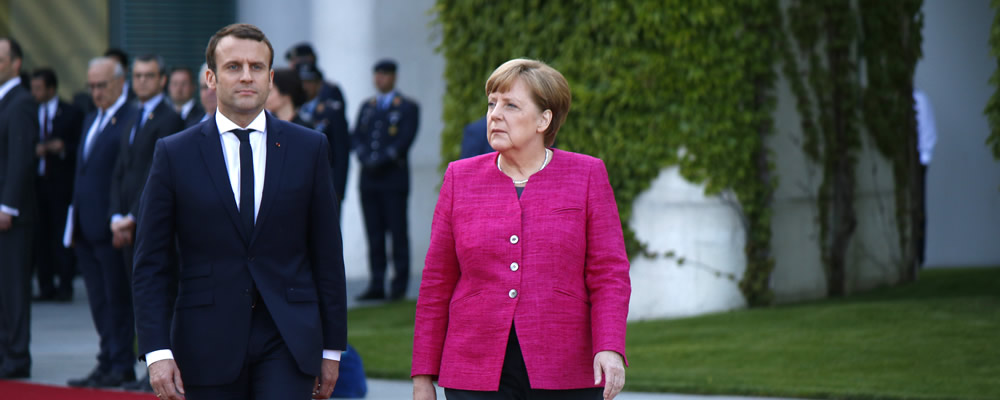Euro to Australian Dollar Exchange Rate (EUR/AUD) Advances on Potential German Agreement
The Euro to Australian Dollar exchange rate (EUR/AUD) has risen by 0.7% today, following signs that German coalition talks could be a success.
In other currency pairings, the Euro has also made notable gains against the New Zealand Dollar, South African Rand and US Dollar.
The Euro has risen thanks to an update from Germany’s coalition talks, where it is reported that discussions between the CDU/CSU union and SPD party are continuing.
The three groups had been meeting for preliminary discussions this week and on all accounts, they are ready to move ahead with more in-depth discussions.
A proper coalition agreement is not set in stone yet, as the SPC will be holding a vote on whether to continue talks at a party conference on 21st January.
While there is still room for an upset here, the Euro has nonetheless risen due to hopes for a cross party agreement leading to a formal, stable coalition.
Italian Production Stats Disappoint; EUR/AUD Exchange Rate Remains Strong
In lesser Eurozone news today, Italy has reported declining levels of industrial production in November.
In November, year-on-year production has slowed from 3.1% to 2.2% while the month-on-month reading has showed no growth at 0%.
As the Euro has been in high demand today, Euro traders have largely ignored this news.
That said, the industrial production data remains a minor negative on an otherwise positive day.
Australian Dollar to Euro Exchange Rate (AUD/EUR) Slips on Commodity Price Concerns
As well as falling against the Euro (AUD/EUR), the Australian Dollar has also declined against the Pound, US Dollar and Chinese Yuan today.
The AUD has been devalued by trader concerns about iron ore, even though prices are approaching $80 per tonne.
The main issue is that northern Chinese ports are reportedly at maximum capacity for iron ore imports, so they may not take in further material.
Cyclone Joyce in Australia’s northwest has halted iron ore exports and tempted a price rise, but worries about reduced Chinese demand have devalued the AUD.
Euro to Australian Dollar Forecast: EUR/AUD Exchange Rate Losses Possible on Inflation Stats
While the Euro has been in high demand recently, it is still at risk of declining against the Australian Dollar in the coming week.
Eurozone-wide inflation rate figures will be out on 17th January, but experts predict a slowdown in finalised year-on-year inflation.
Such a result could damage the Euro, as it will lessen the pressure on the European Central Bank (ECB) to consider raising interest rates in 2018.
The next Australian news to watch out for will be consumer confidence figures, which are out on 18th January.
If the employment change shows above-forecast growth, the Australian Dollar could rise sharply against the Euro.



